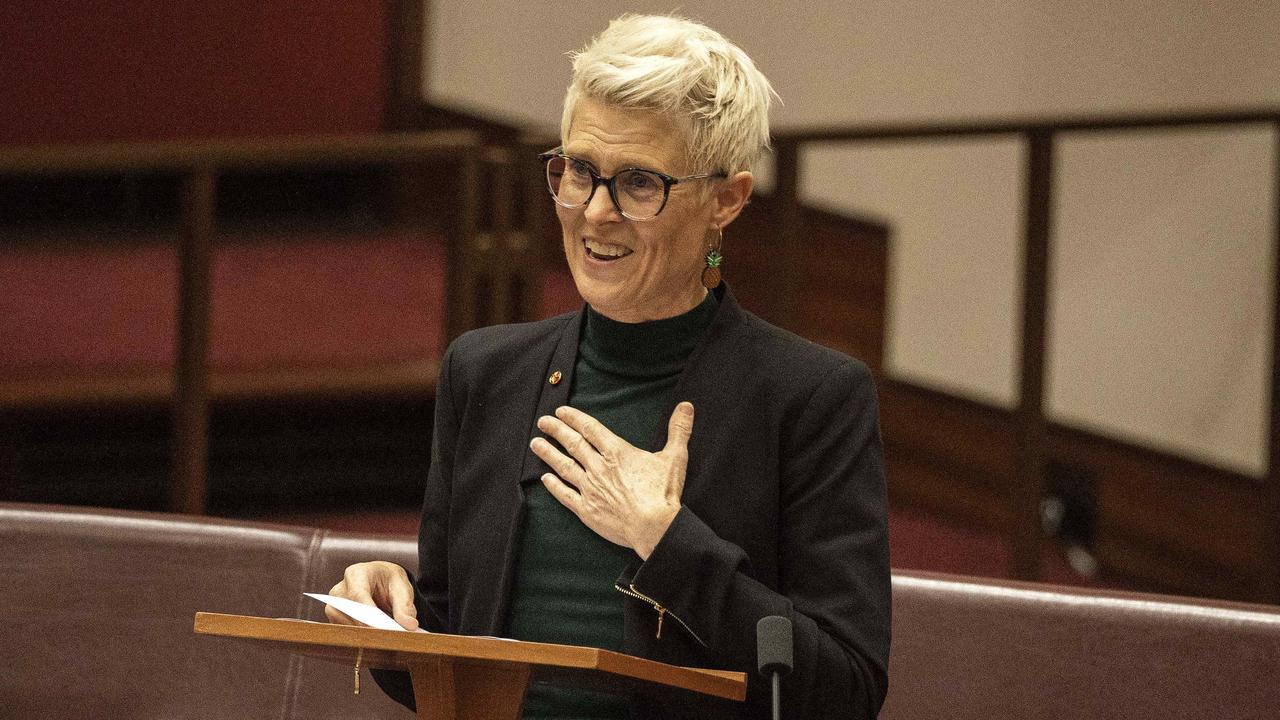The Greens’ plan to get coal workers into new industries
A national authority would help communities reliant on the coal and gas sector dependent set up new industries under a proposal by The Greens, who claim workers are ‘sick of governments pretending’ their jobs aren’t on the way out.
QLD News
Don't miss out on the headlines from QLD News. Followed categories will be added to My News.
A national authority would help coal and gas sector dependent communities find new jobs and set up new industries in their region, under a transition plan to be proposed by The Greens on Monday.
The Greens flagged their intentions with the Labor Government, during negotiations on the emissions reduction target, to lodge a private members bill to create a national transition authority to help coal and gas communities get out of fossil fuels.
No deal was struck, but the minor party which holds the balance of power in the Senate, wants the government to consider the proposal.

The authority would set policy, control funding and co-ordinate transitions, which would be managed more closely on the ground by local and state government, as well as unions and the relevant businesses.
Gladstone-based Greens Senator Penny Allman-Payne said the transition authority would use a $2.8 billion “diversifying coal communities fund” over 10 years to approve local-developed transition plans across the country.
“Where I live, in Central Queensland, coal and gas workers tell me they know their
jobs are on the way out and they’re sick of governments pretending that it isn’t happening,” Senator Allman-Payne said.
“They want some honesty, and they want a plan.
“The experience in Europe shows that if you plan the transition, workers can move into new
well-paid jobs, be redeployed through industry-wide polling or benefit from early retirement, but it needs leadership from government.”
In 2018 Germany set up the “German Coal Commission” a plan for the phase out of coal-fired power, comprised 28 members from government, energy businesses, the wider business community, unions, environmental groups, academia and regional communities.
It included funding for early retirement of workers, as well as cash for training other workers in new careers.






